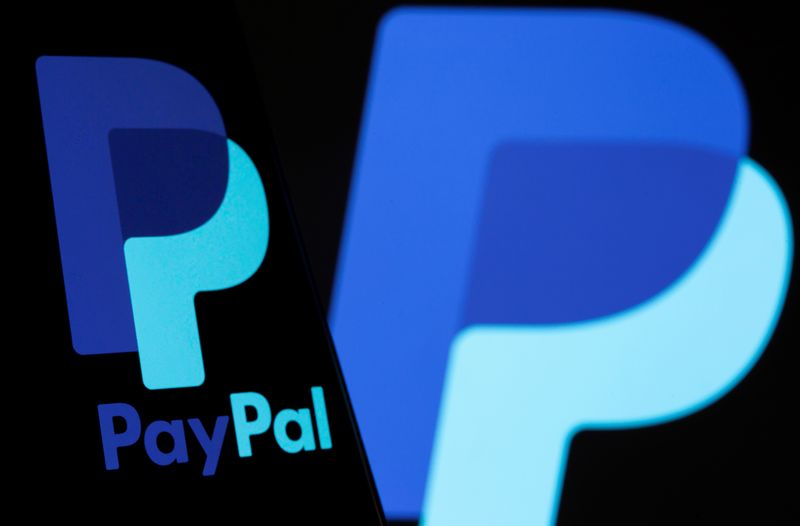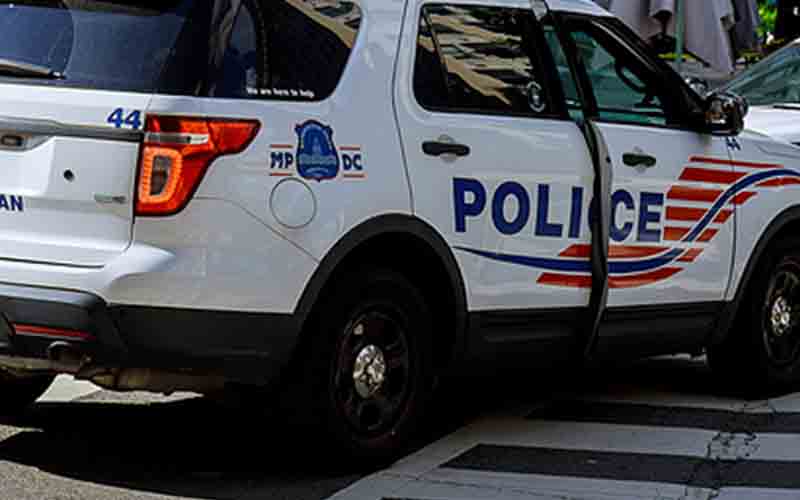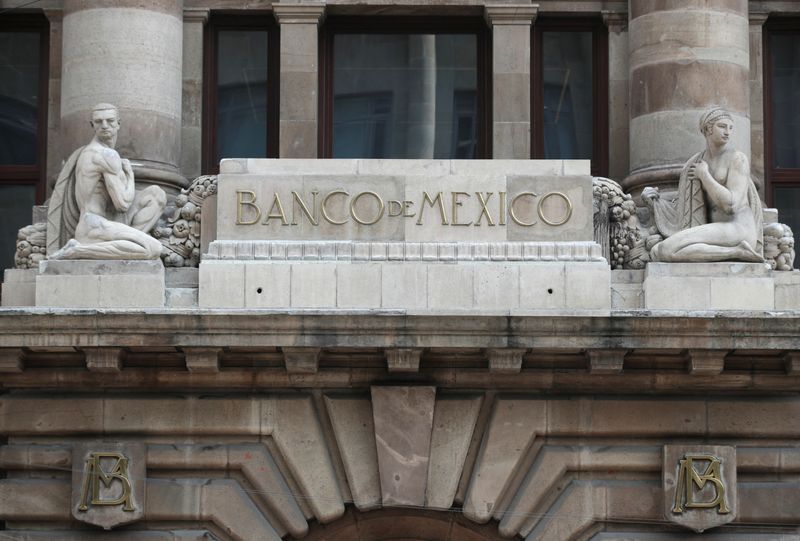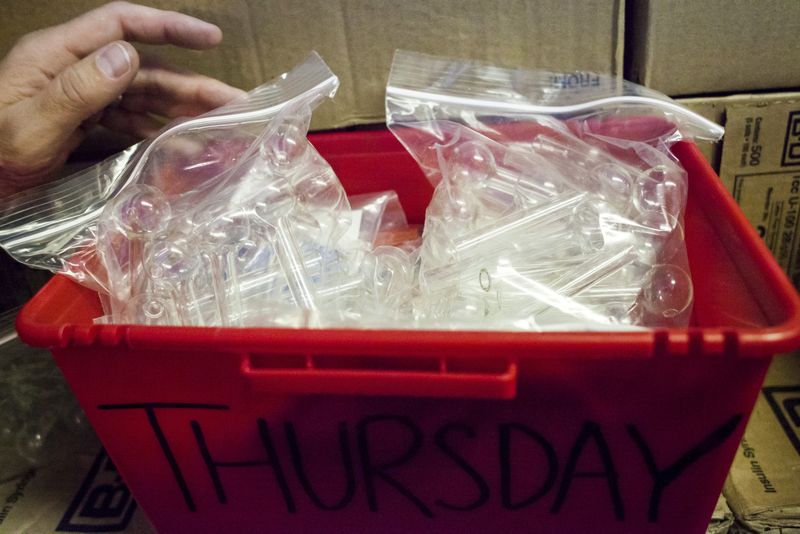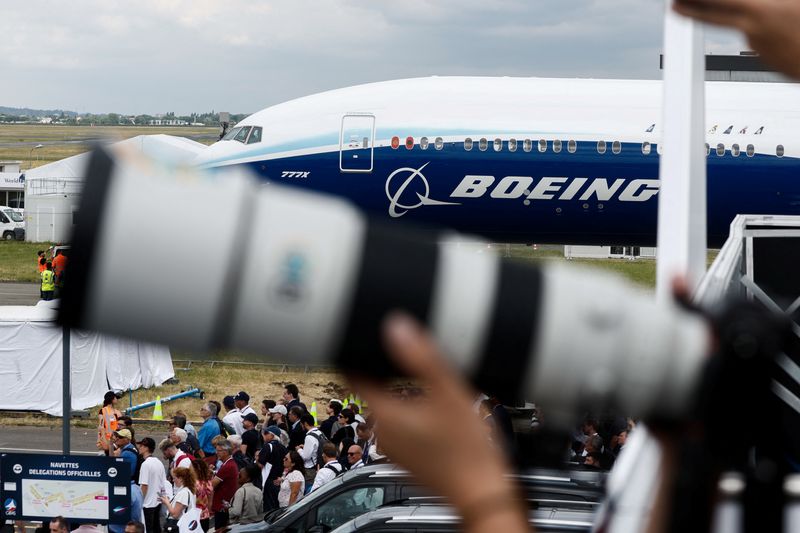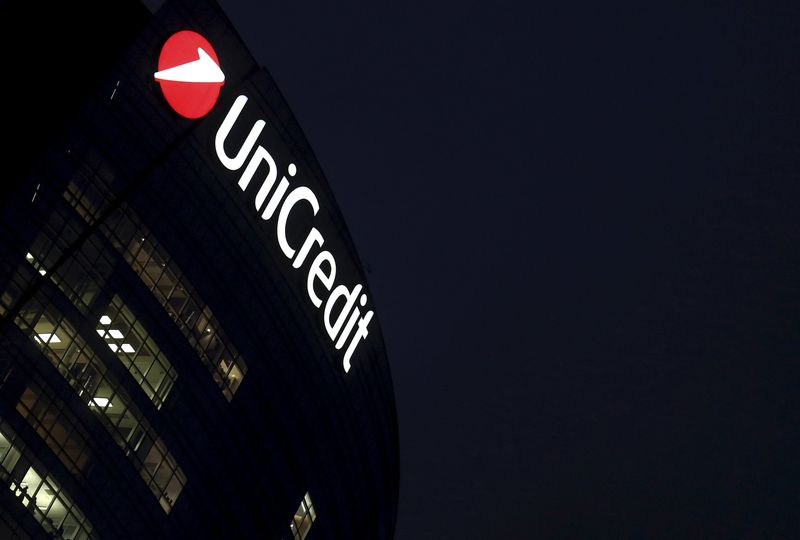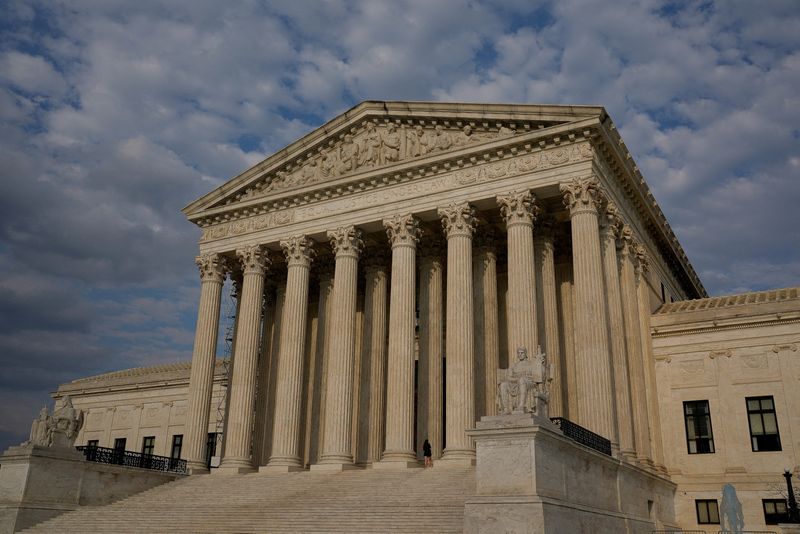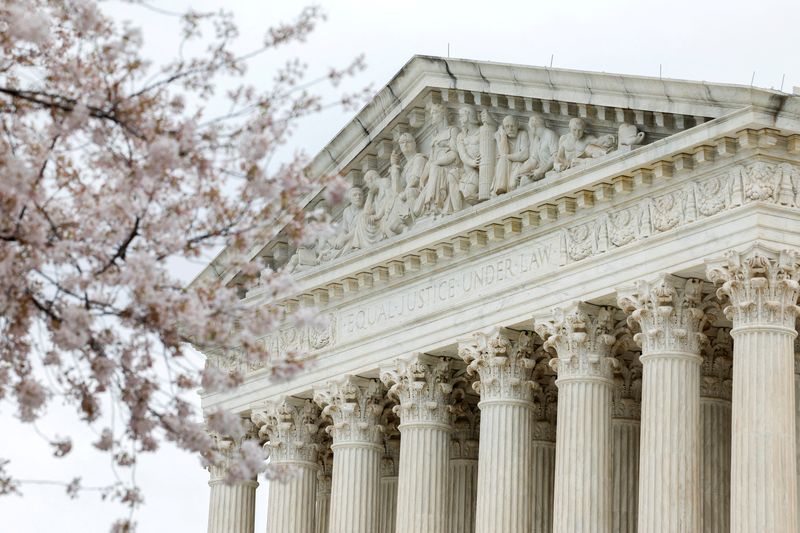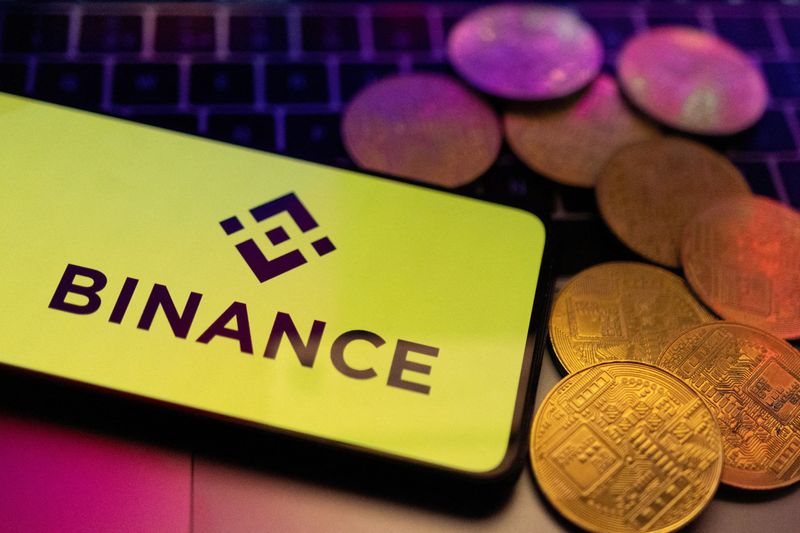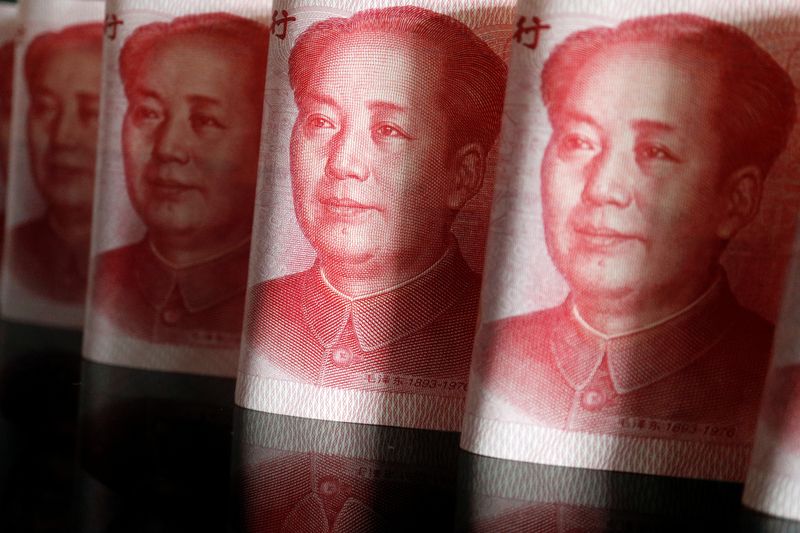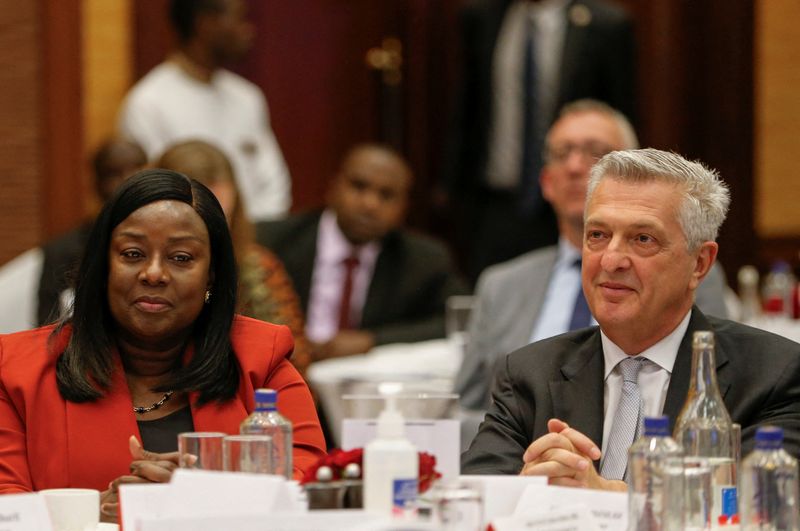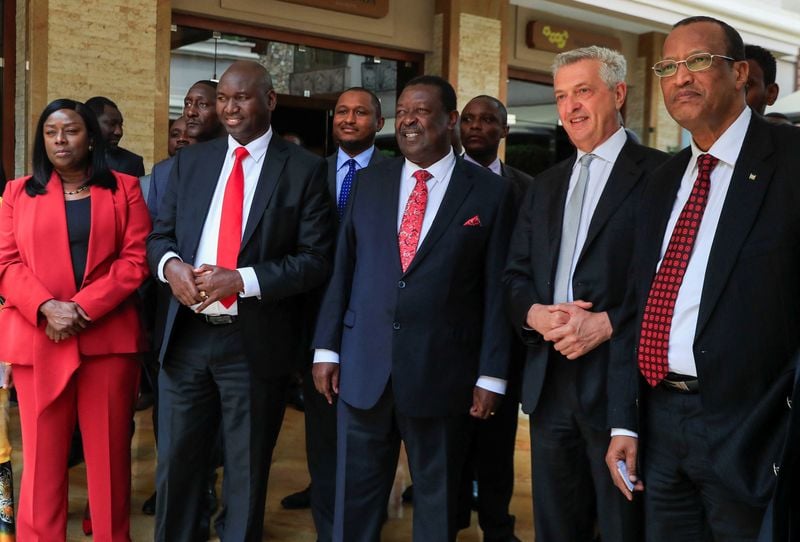By Jacqueline Thomsen
(Reuters) – Hunter Biden, the son of U.S. President Joe Biden, has agreed to plead guilty to two tax charges and enter an agreement that may allow him to avoid a conviction on a firearm offense, according to court filings on Tuesday. Here is a look at each of the charges.
WILLFUL FAILURE TO PAY FEDERAL INCOME TAX
Hunter Biden has agreed to plead guilty to two counts of willful failure to pay federal income tax, according to court papers.
He is charged with twice failing to pay over $100,000 in income tax. The amounts stem from over $1.5 million in taxable income Biden received in 2017 and again in 2018, according to the court papers.
Those charges are misdemeanor counts. The maximum penalty is a fine of $25,000 as well as up to one year in federal prison. Imprisonment is not mandatory under the charge.
FIREARM POSSESSION
Hunter Biden was also charged with possessing a revolver for about 11 days in October 2018 while being an addicted and unlawful user of a controlled substance. That charge is a felony.
In a 2021 memoir, he described dealing with substance abuse issues in his life, including crack cocaine use and alcoholism. Biden was discharged from the U.S. Navy Reserve in 2014 after testing positive for cocaine, sources told Reuters at the time.
Biden is entering a pretrial diversion agreement on the firearm charge, prosecutors said in a letter to the court on Tuesday. Pretrial diversion is an alternative to prosecution that is sometimes used to allow defendants to avoid prison time or a criminal conviction. Such programs can include requiring individuals to undergo treatment for substance abuse.
If Biden successfully completes the terms of his diversion program, the charge could be lowered or dismissed, or prosecutors could seek a lighter sentence for him.
(Reporting by Jacqueline Thomsen in Washington; Editing by David Bario and Jonathan Oatis)


